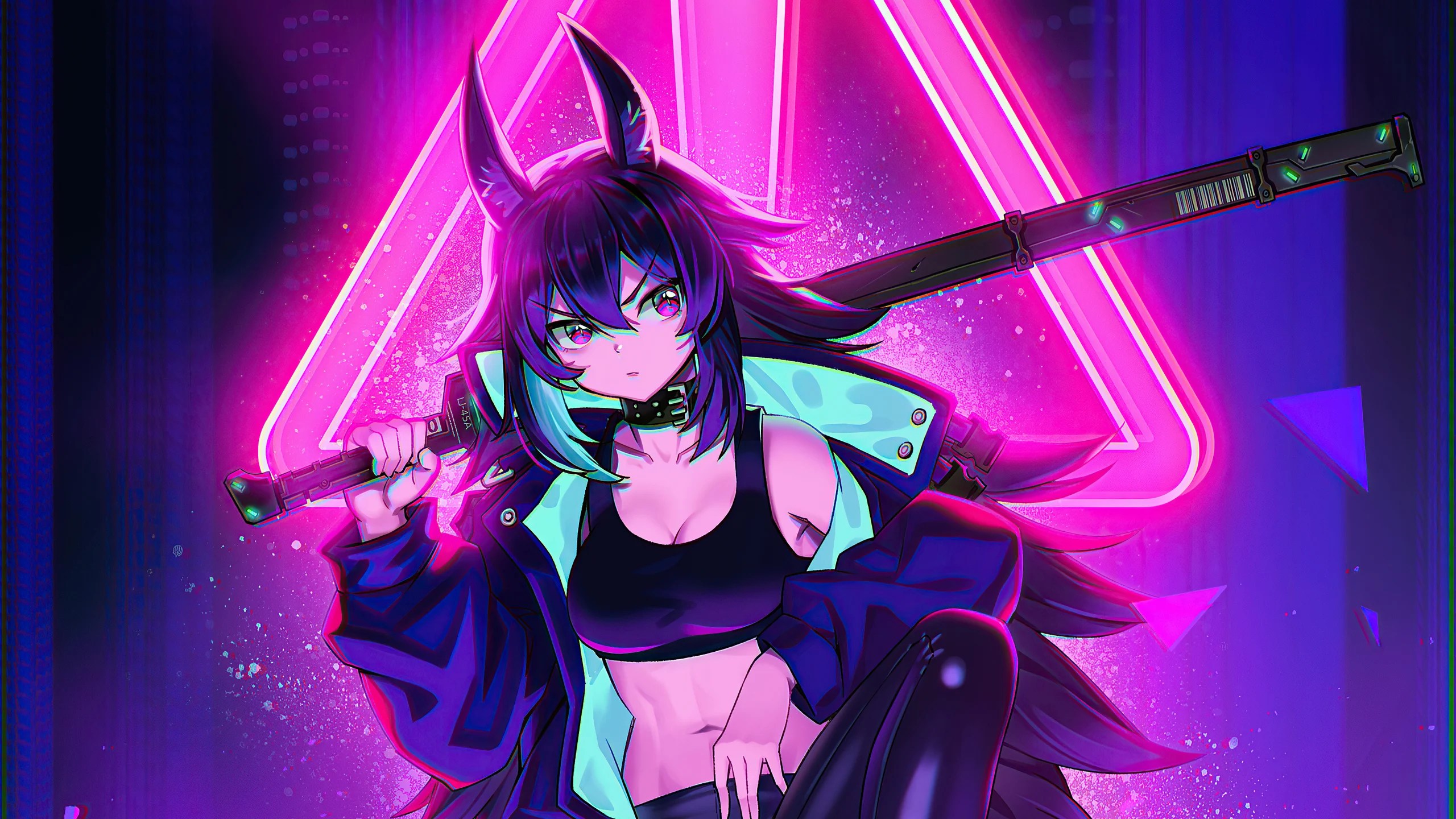Understanding The Uwu Girl Phenomenon
The term "uwu girl" has gained traction in various online communities, particularly among younger generations. This expression encapsulates a unique blend of cuteness, playfulness, and a dash of anime-inspired charm. As internet culture evolves, so do the terms and identities that emerge within it, making the uwu girl a fascinating topic of discussion.
At its core, the concept of an uwu girl revolves around a specific aesthetic and personality that draws inspiration from anime, manga, and kawaii (cute) culture. Characterized by their use of "uwu"—a popular emoticon representing happiness or cuteness—these girls often embody a playful, innocent persona that resonates with many online. This article will explore the origins, characteristics, and cultural significance of the uwu girl phenomenon.
In an era where social media dominates communication, the uwu girl has become a symbol of a subculture that embraces fun, creativity, and a carefree attitude. Through their unique expressions and styles, these girls have carved out a niche that celebrates individuality and self-expression in a vibrant digital landscape. Now, let's delve deeper into the world of uwu girls and uncover what makes them so captivating.
What Are the Characteristics of a Uwu Girl?
Uwu girls often exhibit specific traits and characteristics that define their identity. Some of the key features include:
- Cute clothing styles, often featuring pastel colors and playful designs
- Use of emoticons and expressive language in online communication
- A love for anime and manga, often incorporating references into their style
- A bubbly and playful personality that radiates positivity
How Did the Uwu Girl Trend Start?
The uwu girl trend can be traced back to the rise of internet culture and online communities, particularly those focused on anime and gaming. The term "uwu" itself originated from Japanese emoticons, where it represents a happy or cute face. Over time, it evolved into a cultural marker for those who embraced a specific aesthetic and attitude. The uwu girl phenomenon gained further momentum on platforms like TikTok, Instagram, and Tumblr, where users began to share their interpretations of the uwu girl identity.
What Role Does Social Media Play in the Uwu Girl Identity?
Social media has played a significant role in shaping and promoting the uwu girl identity. Platforms like TikTok and Instagram allow individuals to showcase their fashion, creativity, and personality, all while connecting with like-minded individuals. The use of hashtags related to uwu culture has further solidified its presence online, creating a community where fans can share their love for all things cute and whimsical.
What Are Some Popular Uwu Girl Aesthetics?
The uwu girl aesthetic is diverse, with many variations influenced by personal tastes and cultural backgrounds. Some popular aesthetics include:
- Kawaii: A focus on cuteness, often incorporating pastel colors and playful designs.
- Gothic Lolita: A darker take on the kawaii style, featuring Victorian-inspired clothing and accessories.
- Soft Grunge: A blend of grunge and softness, combining edgy fashion with cute elements.
- Anime-inspired outfits: Clothing and accessories that pay homage to favorite anime characters.
Who Are Some Notable Uwu Girls in Popular Culture?
The uwu girl aesthetic has been embraced by various influencers and celebrities, making it a recognizable part of pop culture. Some notable figures include:
- Billie Eilish: Known for her unique fashion sense and playful personality, she embodies elements of the uwu girl aesthetic.
- Emma Chamberlain: A YouTuber and influencer who often incorporates kawaii elements into her style.
- Charli D'Amelio: The TikTok star has embraced the uwu girl trend through her playful and bubbly content.
How Can You Embrace the Uwu Girl Aesthetic?
If you're interested in adopting the uwu girl aesthetic, there are several ways to do so:
- Experiment with fashion: Incorporate pastel colors, playful designs, and cute accessories into your wardrobe.
- Use emoticons: Embrace the uwu language in your online communications to reflect your personality.
- Engage with the community: Follow uwu girl accounts on social media and participate in discussions to connect with others who share your interests.
- Explore anime and manga: Immerse yourself in the worlds of anime and manga to gain inspiration for your uwu girl persona.
What Are the Criticisms of the Uwu Girl Culture?
While the uwu girl culture has garnered a devoted following, it has also faced criticism. Some argue that the uwu girl persona promotes unrealistic beauty standards and reinforces gender stereotypes. Others feel that the trend can be overly simplistic or juvenile, dismissing it as a mere phase in internet culture. However, supporters argue that the uwu girl identity is about embracing individuality and self-expression in a positive and inclusive manner.
Can the Uwu Girl Identity Evolve?
As with any cultural phenomenon, the uwu girl identity is likely to evolve over time. Trends may shift, and new aesthetics may emerge, but the core values of positivity, creativity, and self-expression will likely remain. The uwu girl culture serves as a reminder that embracing one's unique identity can lead to a vibrant and supportive community, regardless of external opinions.
Conclusion: What Does It Mean to Be an Uwu Girl?
In conclusion, the uwu girl phenomenon represents a playful, cute, and vibrant subculture that has captured the hearts of many online. With its roots in anime and kawaii culture, the uwu girl identity encourages self-expression, creativity, and a sense of community. Whether you identify as an uwu girl or simply appreciate the aesthetic, there is no denying the impact of this trend on modern internet culture. So, what is uwu girl? It’s a celebration of cuteness, positivity, and individuality in a colorful digital world.
Article Recommendations


